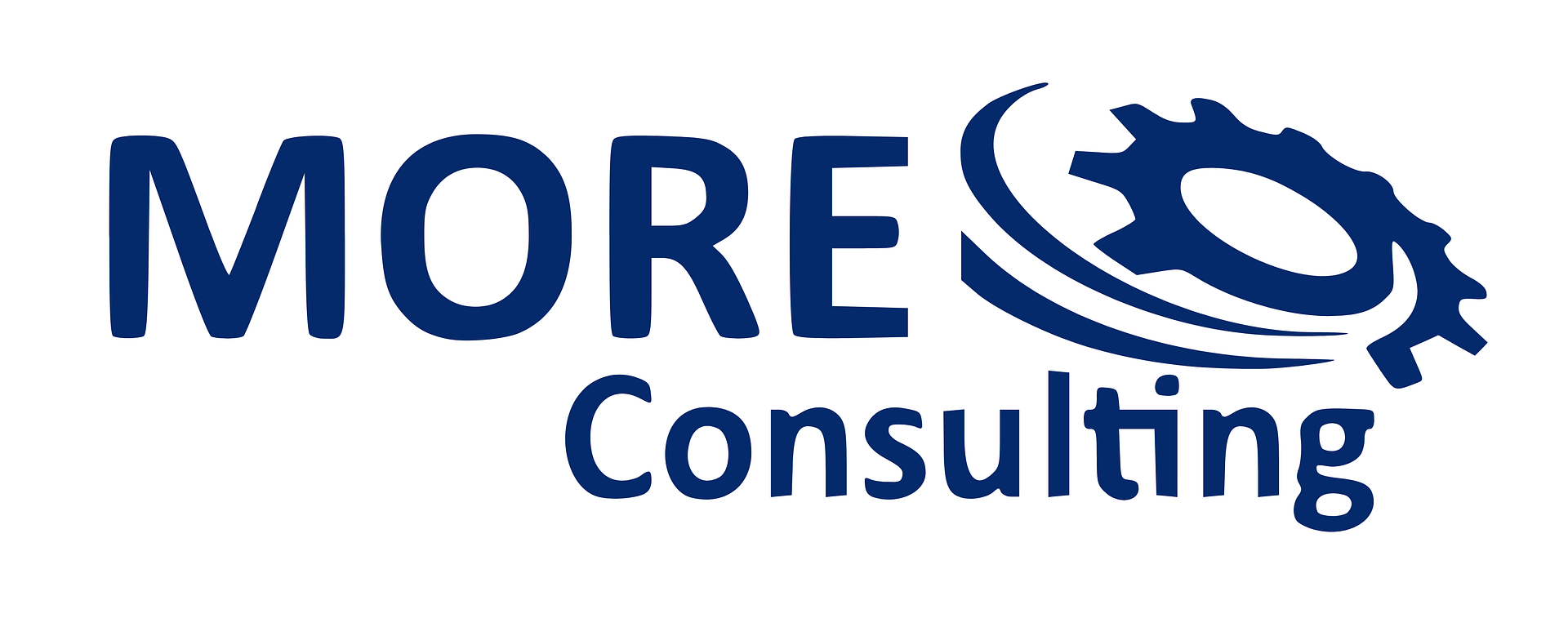MORE
Interim management costs
If it´s free, it can´t be any good
The costs for interim managers may seem high at first glance – but they are often a decisive lever for sustainable corporate success. Here we show you what to expect – and why this investment pays off.

Interim management costs
If it´s free, it can´t be any good
The costs for interim managers may seem high at first glance – but they are often a decisive lever for sustainable corporate success. Here we show you what to expect – and why this investment pays off.
What are the costs for an interim manager?
As a rule, there are three types of costs incurred when using interim managers:

Daily rates (+ expenses)
An interim manager usually charges a daily rate. Depending on qualifications, industry and task, these are usually between 1,000 and 2,500 euros per day.
Expenses (e.g. travel and accommodation costs) are either added on – or are already included as an “all-in daily rate”.
Profit-sharing
In some projects, success is measurable – for example through cost savings or process improvements. In this case, the interim manager can also share in these results if desired – usually as a supplement to a more moderate daily rate.
Provider costs
Many interim managers are booked via intermediary platforms or providers – with additional fees of between 20 and 30 % of the daily rate.
With MORE-Consulting, you work directly with us – without any intermediate costs.
An investment that pays off
An interim manager costs money – but also pays off. Because they bring experience, speed and impact to where it counts. Interim managers cannot be compared with permanent employees. These are the reasons:
Flexible and fast deployment
A key advantage of interim managers – in contrast to permanent employment or temporary staffing – is their availability at short notice. Managers and project specialists can thus bridge personnel bottlenecks or take on optimization tasks in a timely manner. As an experienced interim manager, you only need a short training period and you know how to accompany change processes.
The interim manager leaves the company after completion of the project or task without having to observe notice periods or pay severance.
Objectivity
Clear words, objective evaluation. Interim managers assess the situation in your company in an implementation-oriented manner and can thus resolve problems in a targeted manner. They do not have to “play politics” and are unbiased by the company’s past performance.
No social security, no extras
In the case of permanent employment, in addition to salaries, employers also incur costs for social benefits amounting to around 80 percent (health insurance, pension insurance, vacation and public holidays). Interim managers also do not incur additional costs such as bonuses or company cars.
